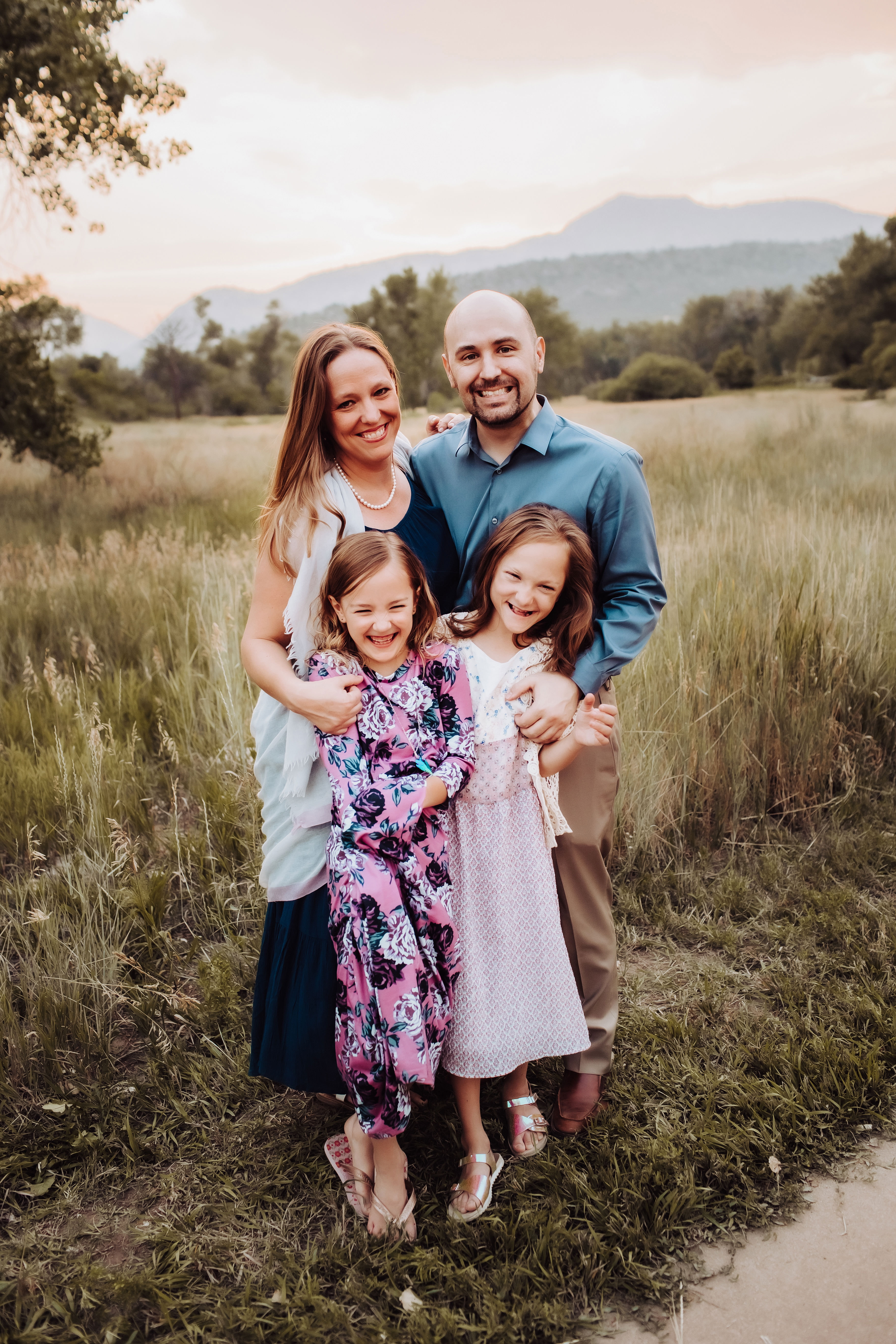- Doctors & Departments
-
Conditions & Advice
- Overview
- Conditions and Symptoms
- Symptom Checker
- Parent Resources
- The Connection Journey
- Calm A Crying Baby
- Sports Articles
- Dosage Tables
- Baby Guide
-
Your Visit
- Overview
- Prepare for Your Visit
- Your Overnight Stay
- Send a Cheer Card
- Family and Patient Resources
- Patient Cost Estimate
- Insurance and Financial Resources
- Online Bill Pay
- Medical Records
- Policies and Procedures
- We Ask Because We Care
Click to find the locations nearest youFind locations by region
See all locations -
Community
- Overview
- Addressing the Youth Mental Health Crisis
- Calendar of Events
- Child Health Advocacy
- Community Health
- Community Partners
- Corporate Relations
- Global Health
- Patient Advocacy
- Patient Stories
- Pediatric Affiliations
- Support Children’s Colorado
- Specialty Outreach Clinics
Your Support Matters
Upcoming Events
Colorado Hospitals Substance Exposed Newborn Quality Improvement Collaborative CHoSEN Conference (Hybrid)
Monday, April 29, 2024The CHoSEN Collaborative is an effort to increase consistency in...
-
Research & Innovation
- Overview
- Pediatric Clinical Trials
- Q: Pediatric Health Advances
- Discoveries and Milestones
- Training and Internships
- Academic Affiliation
- Investigator Resources
- Funding Opportunities
- Center For Innovation
- Support Our Research
- Research Areas

It starts with a Q:
For the latest cutting-edge research, innovative collaborations and remarkable discoveries in child health, read stories from across all our areas of study in Q: Advances and Answers in Pediatric Health.


Eve: How a Rare Disease Led to a Sight Saving Surgery

At only a few months old, Eve’s mom Athena noticed her eyes were cloudier than usual. Since Eve had already been diagnosed as profoundly deaf, her parents were concerned that the main way her daughter experienced the world, her vision, could be taken from her. Unfortunately, this was not the first medical issue Eve would face in her young life.
Shortly after Eve was born, she failed the newborn hearing test and was struggling to eat. Athena tried breastfeeding, then feeding with every bottle she could find and even techniques recommended by lactation consultants and occupational therapists, but Eve still struggled to eat. When Eve was one week old, her pediatrician told her parents “she’s not a turkey, you can’t stuff her.” Her parents were beginning to worry that Eve’s struggles were not being taken seriously.
At her two-week check-up, Eve’s pediatrician saw her parents’ concerns and admitted her for further testing. After undergoing almost every test possible, her doctors in California couldn’t figure out why she struggled to feed or why she had not regained her birth weight. They did find that she needed surgery to improve digestion and that she had acid reflux. Eve’s parents eventually made the difficult decision to give her a feeding tube.
A rare pontine tegmental cap dysplasia diagnosis
Around three months old, Athena noticed that one of Eve’s eyes started to look cloudy. Athena thought Eve may be getting sick and took her to her pediatrician who immediately referred Eve to an ophthalmologist in San Diego.
After ruling out glaucoma and other conditions, Eve was diagnosed with trigeminal and corneal anesthesia – a condition where the nerves that provide the face and eyes with sensation for touch and pain do not function properly. If not managed carefully, the condition causes corneal ulcers, scarring and blindness. Without nerves to stimulate tears or blink in response to irritation, the cornea struggles to repair from dryness or injury.
Finally, doctors found the cause of Eve’s corneal anesthesia. Eve has an extremely rare genetic condition called pontine tegmental cap dysplasia (PTCD), which often results in hearing loss, trigeminal anesthesia, cognitive issues, feeding disorders, poor muscle control and slowed language development. Experts have reported only 40 cases of PTCD in the world.
A sight-saving surgery for PTCD
“I couldn’t accept my baby going blind. Because she is profoundly deaf, her eyes are how she experiences the world,” says Athena.
Eve’s parents began managing her condition in many ways. They provided constant eye drops and Eve had multiple surgeries to partially fuse her eyelids to help keep her eyes moisturized. Eve also wore protective glasses and splints on her arms to prevent her from accidentally injuring her eyes. She also received multiple treatments to help heal from multiple corneal ulcers.
When Eve was four years old, her ophthalmologist in California sent her parents an article that described a surgery called corneal neurotization. It would take a nerve out of her leg and tunnel it between her cornea and a sensory nerve in her neck in order to create feeling and sustain Eve’s vision. That same year, the family moved to Denver to see Emily McCourt, MD, Chief of Pediatric Ophthalmology at Children’s Hospital Colorado, who had experience with this procedure.
Dr. McCourt was determined to do anything to save Eve’s vision. She first fitted Eve with soft contact lenses that made an immediate difference in protecting her eyes and keeping them moist. Along with the expert contact lens fitters on our optometry team, Dr. McCourt later gave Eve larger, hard lenses that made her condition much easier to manage.
“Dr. McCourt was always responsive whenever we had concerns and were dealing with eye emergencies,” says Athena. “It was wonderful to find a doctor that was truly on our team.”
In 2020, Dr. McCourt trained with the doctor who created the surgery Athena had read about. Although only a handful of people in the country can perform this surgery, Dr. McCourt assured Eve and Athena that this would be the best option for managing Eve’s eye condition.
The following April, Eve had surgery on her right eye. Although it was hard to tell a 9-year-old to sit and recover, sensation testing in November 2021 confirmed the surgery was a success. Eve doesn’t have full feeling in her right eye, but there is enough to protect the eye against injuries and prevent the persistent ulcers that could have caused Eve to go blind.
In September 2022, Eve had successful surgery on her left eye and got her feeding tube removed. She continues to wear glasses and hard contact lenses to protect her eyes and can read easily with her 20/70 vision. Eve attends the Rocky Mountain Deaf School where she has access to teachers and peers who are all fluent in her native language, American Sign Language. While her parents can’t believe she’s already a middle schooler, Eve is excelling and loves to learn. In fact, Eve recently received an award for her school’s highest honor roll. Eve’s resilience and determination is an inspiration to everyone who knows her.
Against long odds, Eve’s rare disease met Dr. McCourt’s specialized expertise, and today she is a curious, playful and energetic 12-year-old who can clearly see the world she’s exploring.




 720-777-0123
720-777-0123






